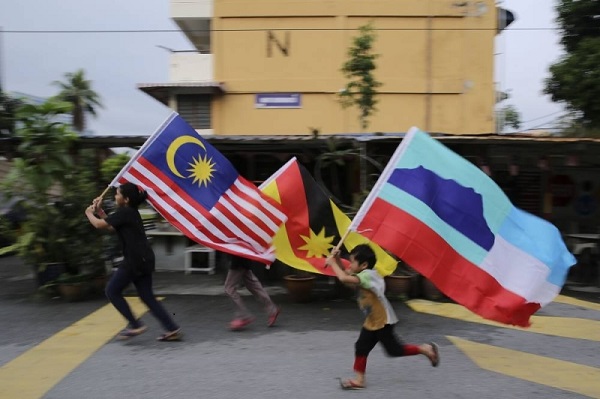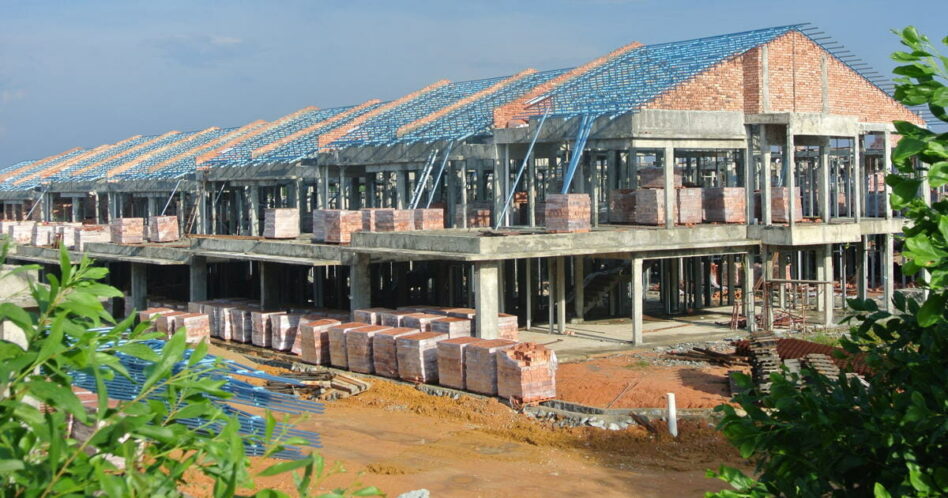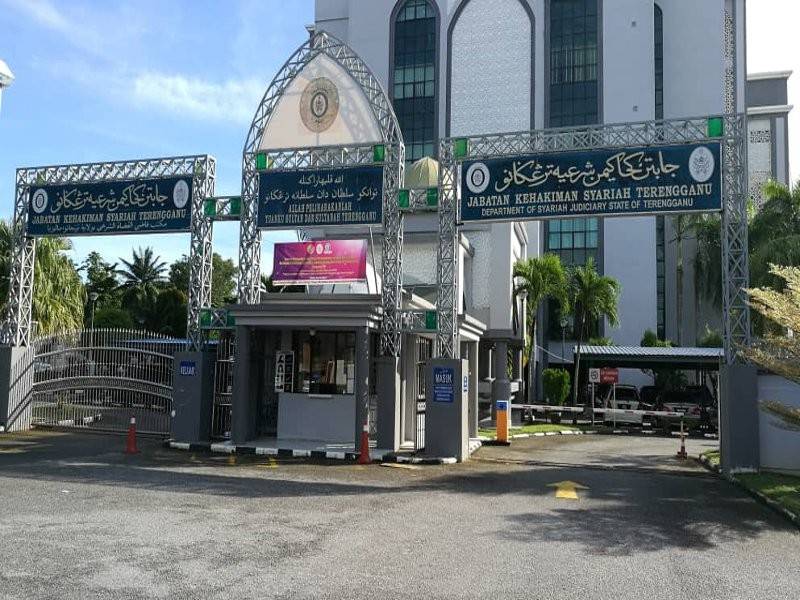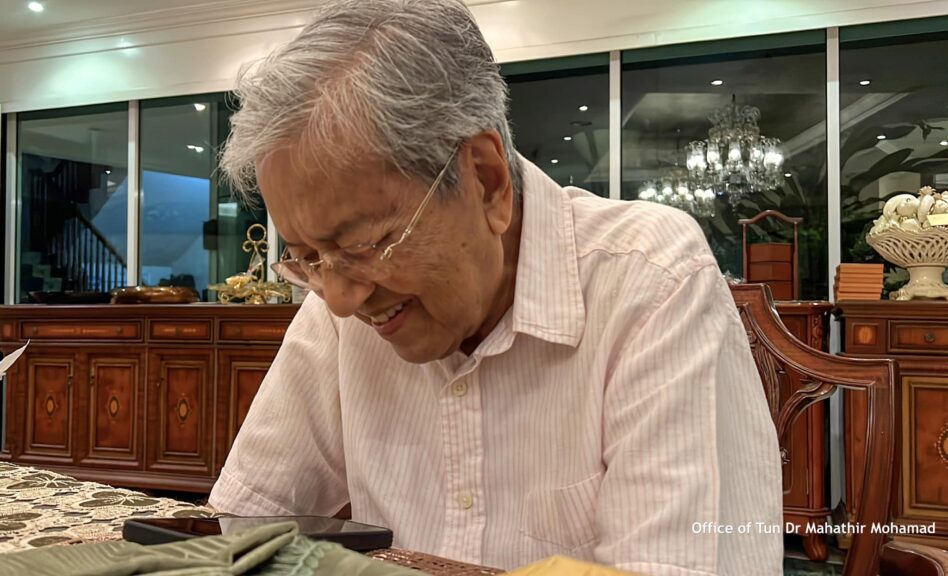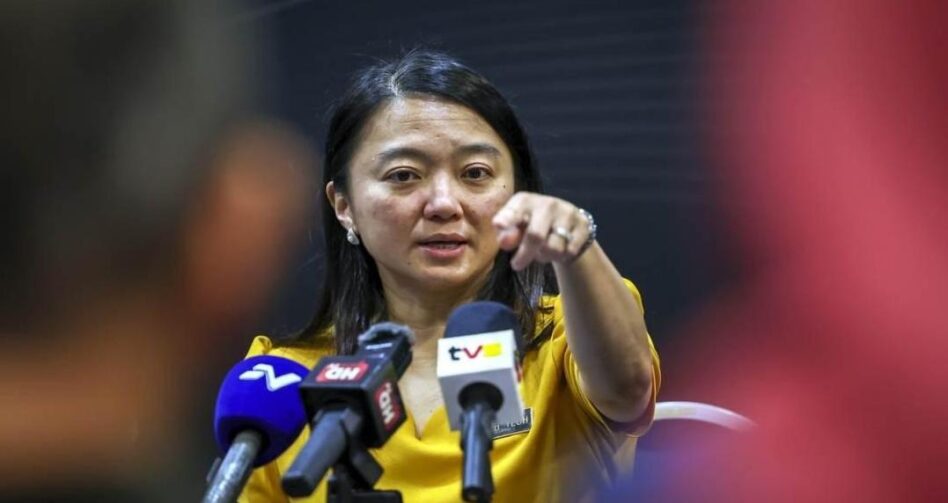WE are still a nation divided along regional lines, especially pertinent in light of Malaysia Day.
Despite also being Bumiputeras, indigenous Sabahans and Sarawakians continue to lag behind their Peninsular counterparts in all areas of economic and socio-economic development.
The labour participation for Sabah and Sarawak for the second quarter (Q2) of 2021 is at 66.7% and 69.4%, respectively – less than 70%. Sabah’s unemployment rate for Q2 2021 is at 8.7%.
Hardcore poverty for Sabah is estimated to be at a staggering 25.4%.
There needs to be a “New Deal” for East Malaysia (which essentially joined Malaysia in 1963 as equals to the Peninsular – let us never forget that) that concretely impacts the lives and livelihoods of Sabahans and Sarawakians.
It should include accelerating the Borneonisation of the civil service as the backbone of the state government’s political and economic strategies.
Politically, Borneonisation would enhance the autonomy of these two states and allow for the Malaysia Agreement (1963) as the legally binding document that sealed the formation of Malaysia to be properly honoured and respected as well as given full expression.
By extension, the state and shared lists under our Federal Constitution would also be equally upheld and fulfilled in their intention.
Respect for the unique status accorded to Sabah and Sarawak within our Federation is vital and indeed integral to our national development and nation-building process.
Economically, Borneonisation can be part of the states’ employment and human capital development strategy – where more locals can be groomed and trained for the bureaucracy across the board whether services or skills.
Subsequently in the next phase, as part of the corporatisation and privatisation plans, some of the state bureaucracy can be transferred to the private sector with opportunities for further training, upskilling, reskilling and cross-skilling together.
The rest of the multiplier and spill-over effect can be seen in the opportunities to be independent contractors and consultants alongside recruitment of young Sabahans and Sarawakians for semi-skilled, skilled and highly-skilled jobs under state government-linked companies (SGLCs) and other private companies.
And with a Jobs Guarantee (JG) scheme in place, this will stem the outflow of young Sabahans and Sarawakians to the Peninsular and the brain drain.
If need be, consideration should given to exploring devolution (i.e. further decentralisation) of federal powers, i.e., beyond the current provisions of the Federal Constitution, to Sabah and Sarawak. Perhaps the Special Council on the Malaysia Agreement (1963) should look into this issue.
In the case of the UK, devolution happened in order to redress and address the historically over-centralisation of powers in Westminster set within a unitary framework of government. Scotland now enjoys “devomax”, i.e., maximum devolution. To be sure, it’s a political settlement which could still be constitutionally revoked in theory.
In our case, (a constitutionally entrenched as in enshrined) devolution could be justified on the basis of being a dynamic development of the Malaysia Agreement (1963).
According to another well-known political scientist and commentator, Dr James Chin, “What the Sabah and Sarawak people want, at the very least, is a constitutional amendment to recognise the special autonomy of both states”.
Devomax would seem to be one way of enabling a “special position” of East Malaysia to be given express constitutional recognition.
Sabah and Sarawak would take back full and complete control of territorial waters under their respective Economic Exclusive Zones (EEZs) which is currently inhibited by the Territorial Sea Act (2012) – with economic implications.
It can potentially be a way forward to further addressing and resolving the contentious issue of oil and gas royalty and catalyse the process of de-centralisation to Sabah and Sarawak.
And Sabah and Sarawak can better preserve their way of life in inter-ethnic and inter-religious relations that’s a role model for the Peninsular – instead of the latter trying to impose on the former under the guise of integration.
Looking forward, as highlighted by former Sungai Benut MP Tawfik Ismail, East Malaysia could well be the future growth region in the future – so that the next time, the outflow of young Malaysians will be reversed instead. The planned shift of the Indonesian capital to East Kalimantan will provide further impetus.
As it is, with the current fragmented and reconfigured political scenario, the issue and agenda of East Malaysia will continue to be at the forefront.
At the end of the day, national unity and the aspirations of East Malaysia can’t be separated.
For if we are to be united as one people, the aspirations and yearnings of our fellow Malaysians in Sabah and Sarawak must be respected and fulfilled.
Let us, therefore, on Malaysia Day, truly appreciate, recognise and honour the place of East Malaysia in our national life and existence. – Sept 16, 2021
Jason Loh Seong Wei is head of social, law & human rights at independent think tank EMIR Research, an independent think tank focused on strategic policy recommendations based on rigorous research.
The views expressed are solely of the author and do not necessarily reflect those of Focus Malaysia.


